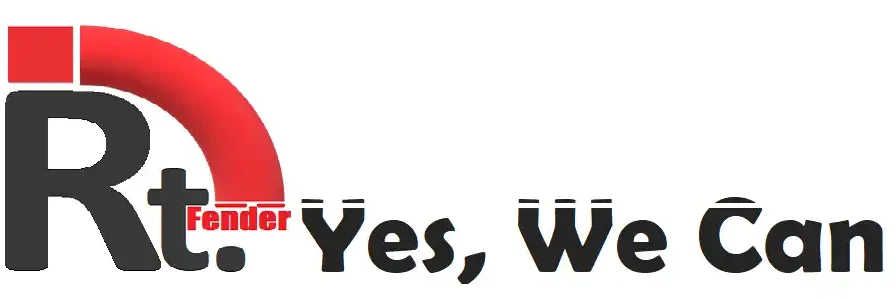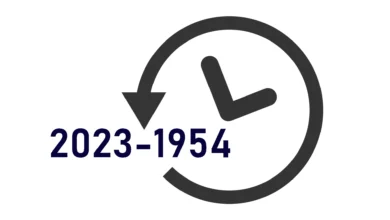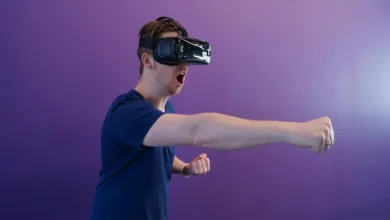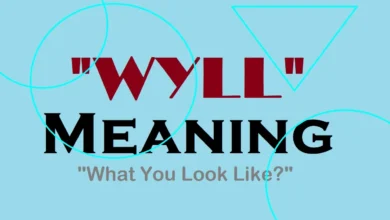
It would seem that technology should make our lives easier. Smartphones are a palm-sized window to the world, allowing us to do tons of things, almost everything at the touch of a button. Information, entertainment, communications, work processes – all here, in a simple and compact device. Plus, smart homes that take over part of the household routine, and virtual meetings significantly reduce the time spent moving from one point to another.
The use of these wonderful technologies should mean that we should have more free time. Time that could be spent sleeping, hobbies, or just doing nothing, right? Surprisingly, no, that’s not true. Digital technologies that do everything to save time end up forcing us to do more and more things that were not on our to-do lists before the advent of the widespread use of technology. How does this happen? What kind of tricks? The Conversation conducted a study in which it surveyed 300 people from different European countries about how they use digital devices in everyday life. This study found that people want to avoid periods of doing nothing in their lives, and to this end, they fill free periods with tasks, some of which would simply be impossible without technology. Sitting on the sofa with a book or even without it, with a glass of wine, is a thing of the past. Technology simply forces a person to constantly do something!
Thus, study participants reported that time that used to be “empty” is now filled with brain training apps, creating to-do lists on social media and other digital diaries and planners. It seems that the moments when people simply think, imagine and dream are now filled with technical tasks. Small, but constant.
The rise in digital tasks is happening in part because technology is changing the way we think about what we need our free time for. For many people, it is no longer enough to simply have dinner, watch TV or perhaps exercise. All this is perceived by modern man as a meaningless, useless waste of time, but every minute and every hour should be beneficial and lead to success.
At first glance, some of these tasks may seem like examples of how technology saves us time. In theory, online banking should mean I have more time because I no longer have to go to the bank during my lunch break. However, our research shows that this is not the case. Technology is helping to create a busier life schedule.
How Does Technology Create Work?
It is believed that changing the work mode also leads to intensification of work. Remote and hybrid work enabled by video conferencing technology has blurred the boundaries between work and personal time. Now that the office is in an apartment, it’s all too easy to think, “I’ll just pop into the office and finish after I put the kids to bed.”
Digital technologies speed up the pace of life. Before online meeting emails, we had to wait for voicemails and emails to be answered or travel to different places to talk to each other. Instead, we now have back-to-back online meetings, sometimes with not enough time in between to even go to the toilet. And email leads to multiple increases in communications, and you have to spend more time reading and responding to all these messages. However, how effective are these digital conversations? One active discussion in a live format is a logical, meaningful process. And when within an hour you need to answer scattered letters, again and again returning your thoughts to different projects and matters, this leads to severe fatigue and stress, which does not make sleep easier. The brain is not able to cope with such a volume of information, and a night of sleep is not enough for proper rest.
By doing more, we may end up achieving less and feeling worse. As times become more stressful, stress, exhaustion, and burnout increase, leading to increased absences from work. The circle is closed: by working more, we do less.
How to Slow Down and Reclaim Time?
Reclaiming the time “saved” by technology may require changing the way we think about time. To break the habit of filling our time with more and more tasks, we must first recognize that sometimes it is possible to do little or nothing at all.
In work environments, employers and employees need to create an environment where disconnection from work is the norm, not the exception. In a number of European countries, for example, Italy and France, the right of citizens to “disconnect” already exists. It means that at the end of the working day, each employee has the right to completely turn off work email, chats, and work phone numbers. Email that arrives at night, on weekends, and during vacations creates stress and disrupts your personal and family life. And some companies, especially large ones, recognize that such constant tension creates certain threats and contributes to faster burnout of employees.
It is possible that technology itself may be the key to reclaiming our time. Imagine if, instead of telling you to get up and move (another task), your smartwatch would tell you to stop working because you’ve completed your contracted hours. This is how headphones already behave – after a certain time they remind the user that he has been listening to music for too long and it’s time to give his ears a rest.
Wrapping Up
Perhaps, when technology begins to tell us that we need to do less, we will finally get our time back and again learn to forgive ourselves for idleness, which for the brain is also work. It is during such periods of “active silence” that the most interesting projects are born.
We hope you found this article helpful. If you did, be sure to check out our blog for more great content like this.





